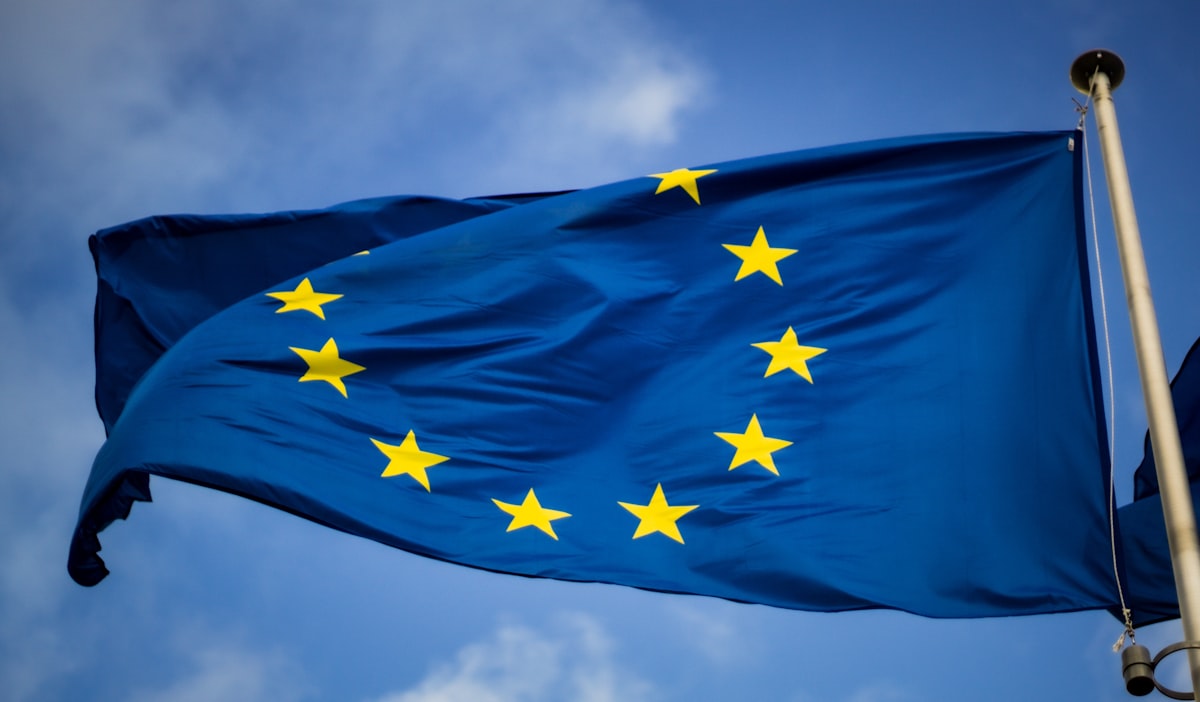AI Regulation Stalled in EU Over Disagreements on Generative AI
The disagreement over generative AI has prevented the Council from reaching a consensus on the AI Act.

Negotiations on the European Union's (EU) proposed AI Act have reached a deadlock over the regulation of generative AI systems, putting the future of the legislation in jeopardy.
Generative AI, also known as foundation models, are powerful AI systems that can learn from vast amounts of data and generate new content, such as text, images, and code. They have the potential to revolutionize many industries, but they also raise concerns about safety and ethics.
The EU's AI Act, which was approved by the European Parliament in June, aims to establish a harmonized framework for regulating AI across the bloc. However, the Council of the European Union, which represents the member states, has been divided on how to regulate generative AI, according to report by Reuters.
France, Germany, and Italy have argued that generative AI should be subject to self-regulation, with the industry setting its own rules. They argue that this would allow the technology to develop more quickly and flexibly.
However, other member states, as well as AI researchers, have called for stricter rules, arguing that self-regulation is not enough to ensure safety and protect fundamental rights.
The disagreement over generative AI has prevented the Council from reaching a consensus on the AI Act. The deadline for the Council to agree on a text is December, but it is now looking increasingly unlikely that this deadline will be met.
If the Council fails to reach a consensus, the AI Act could be delayed or even shelved. This would be a major setback for the EU, which has been at the forefront of efforts to regulate AI.
The EU's current presidency, held by Spain, is trying to find compromises to break the deadlock, but it remains to be seen whether these efforts will be successful.
The stalemate over generative AI is just one of the challenges facing the EU as it tries to regulate AI. The bloc is also facing pressure from the United States and China, which are also developing their own AI regulations.
The EU needs to find a way to regulate AI that is both effective and proportionate, in order to both protect its citizens and ensure that Europe remains competitive in the global AI race.




